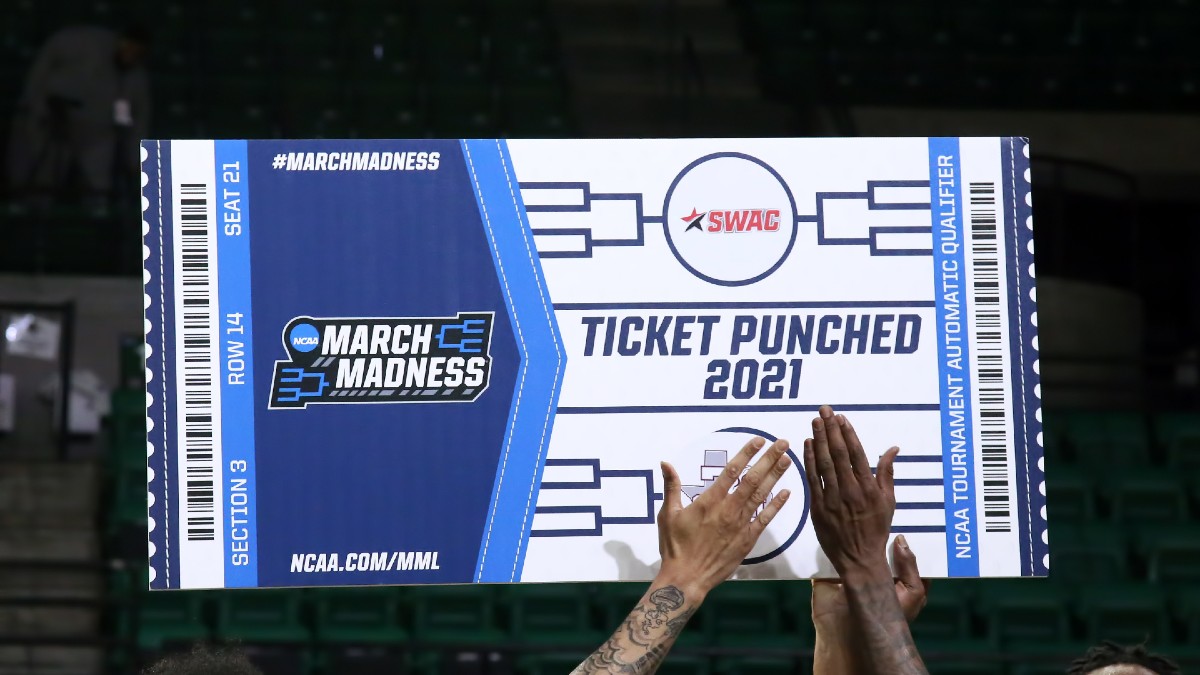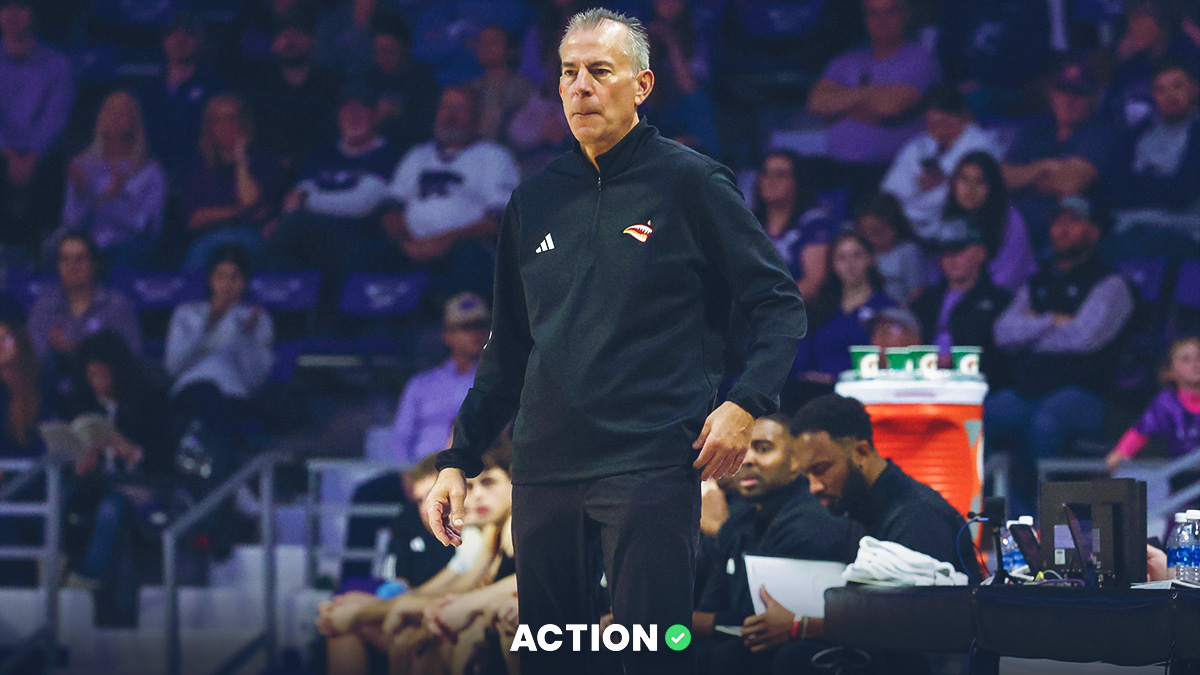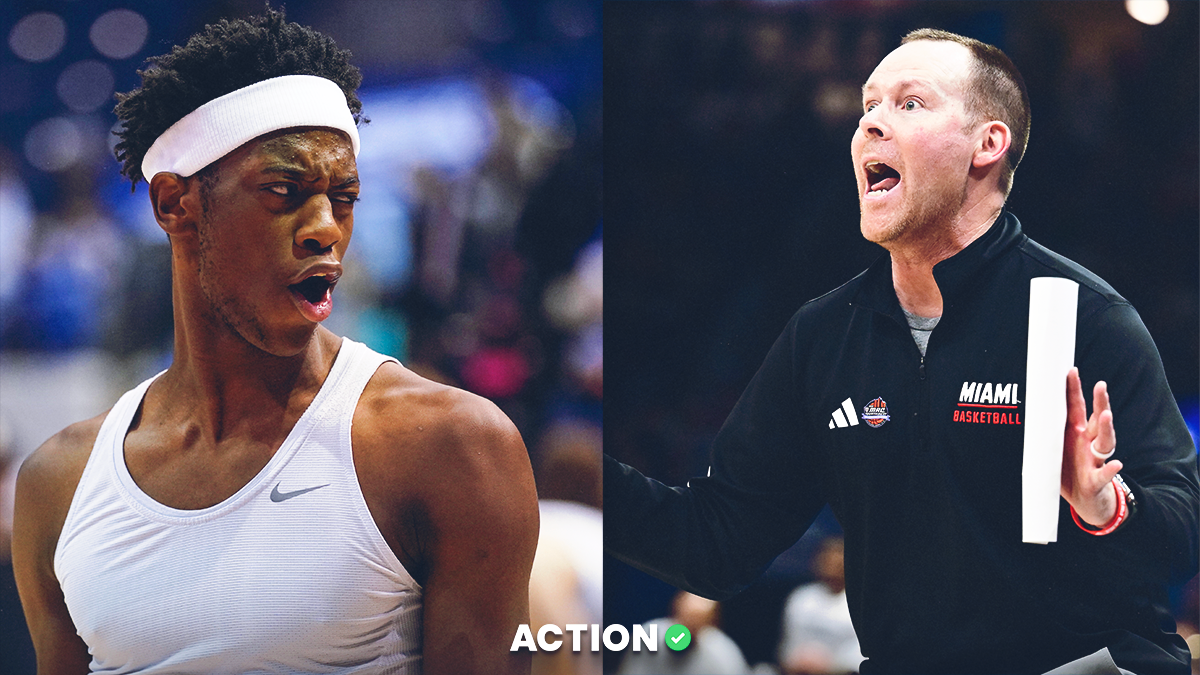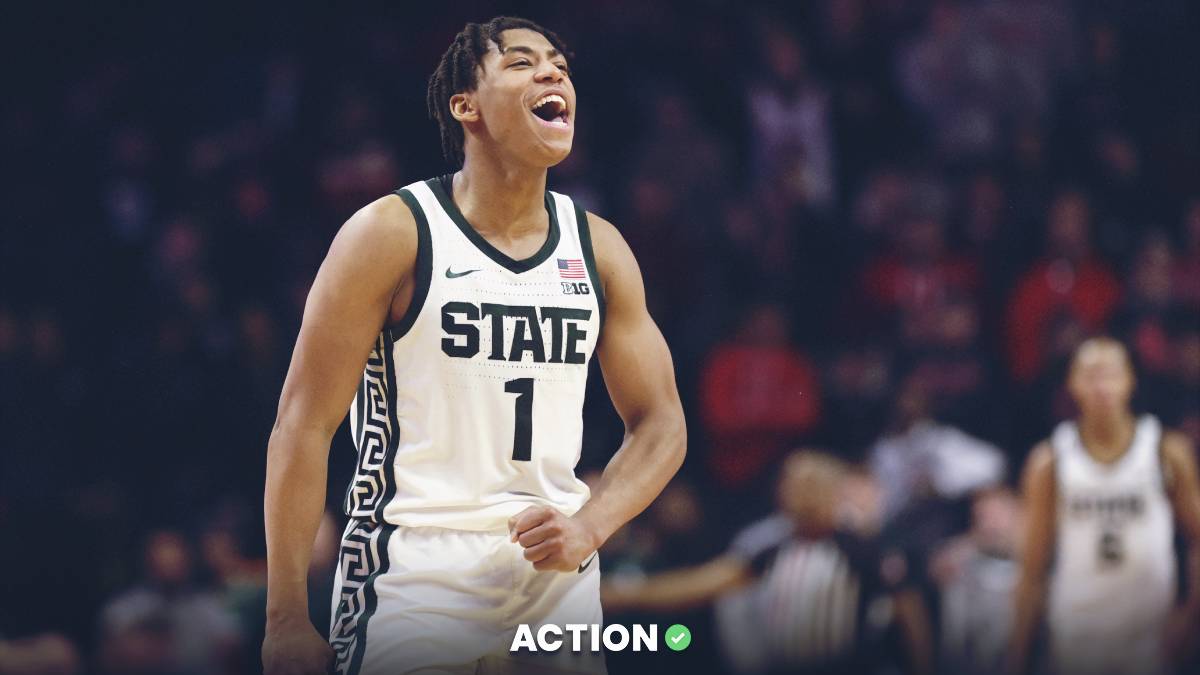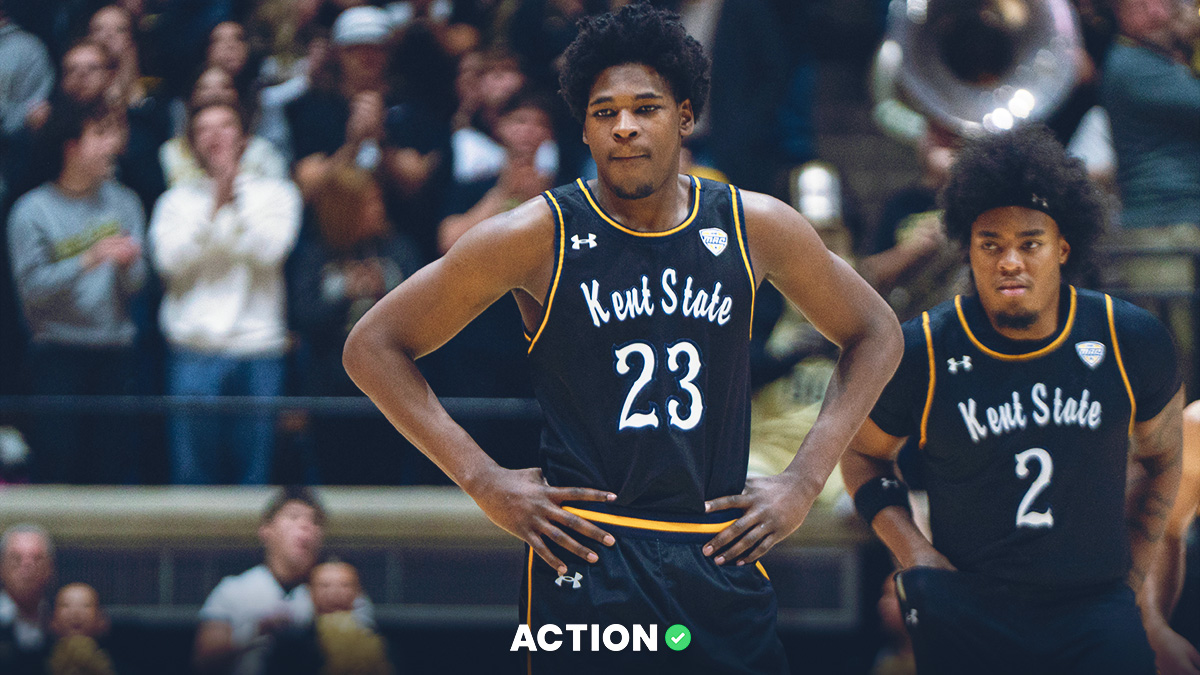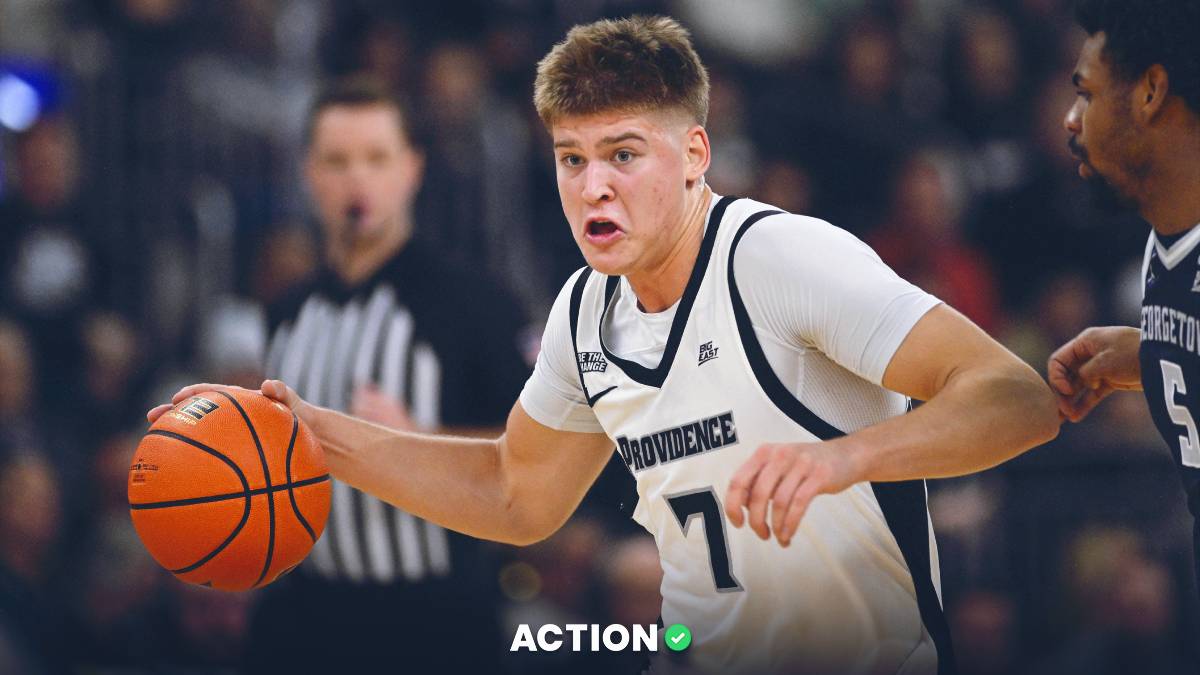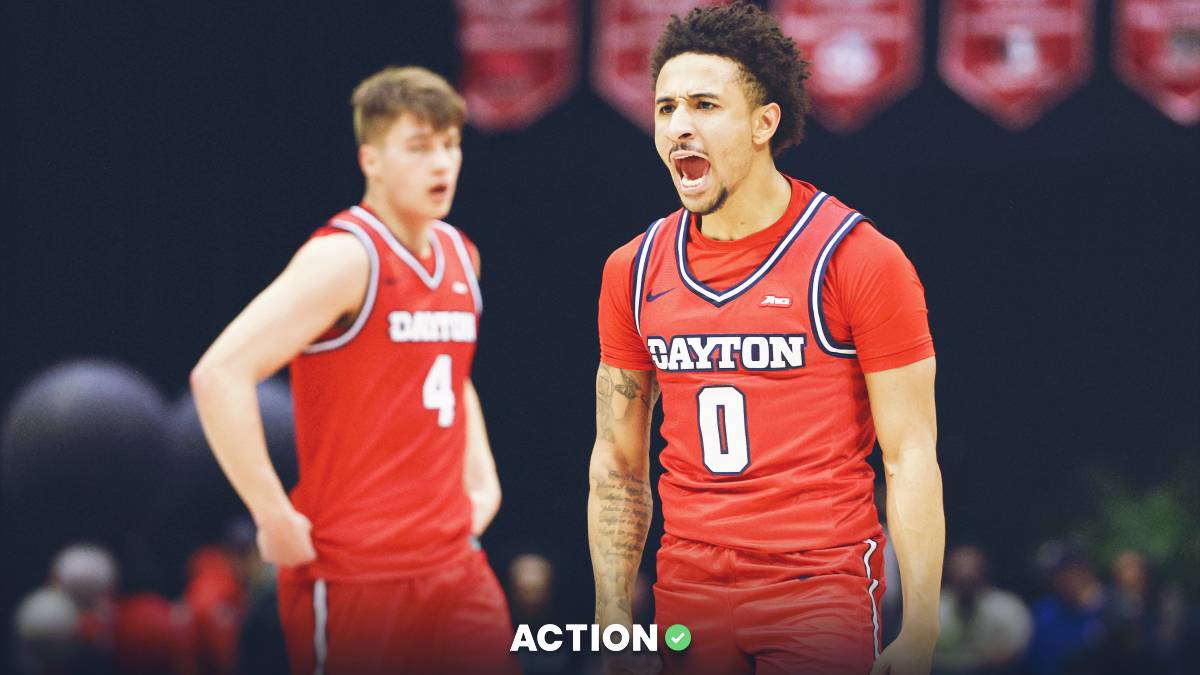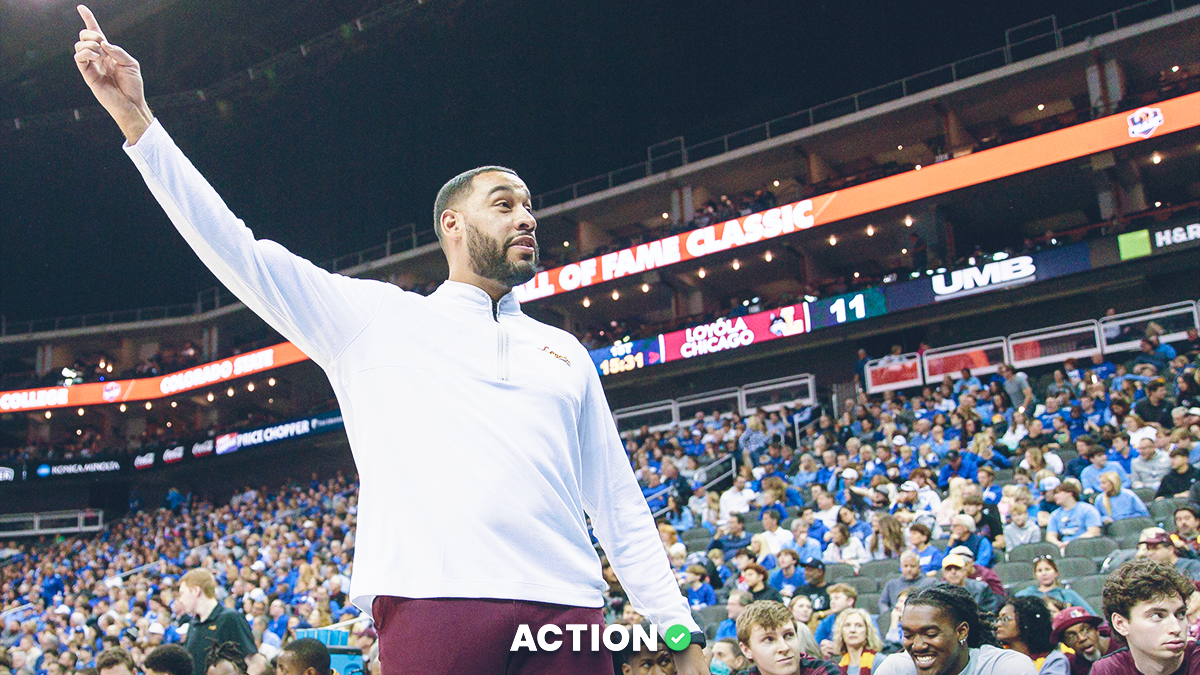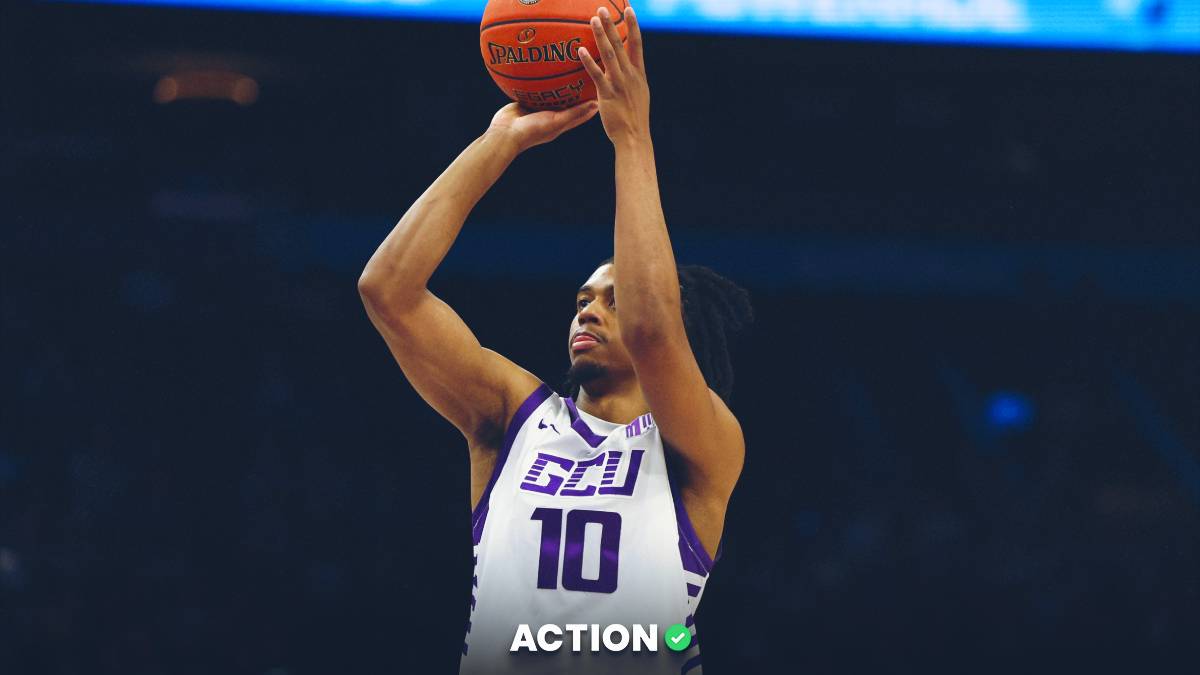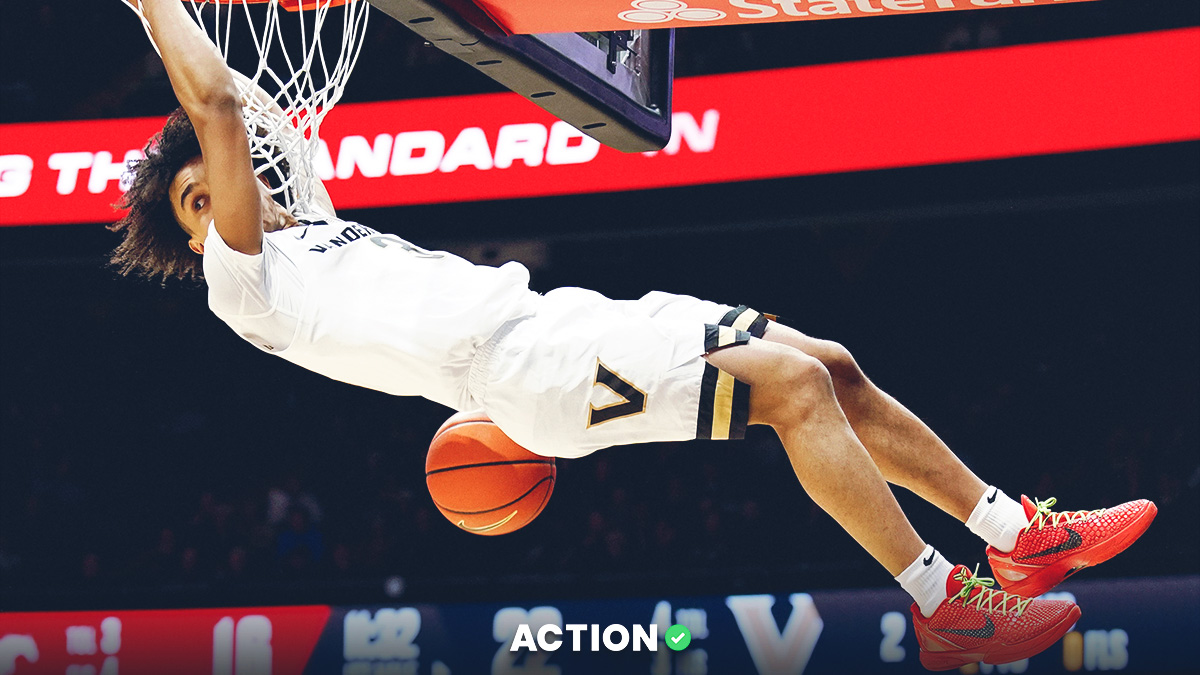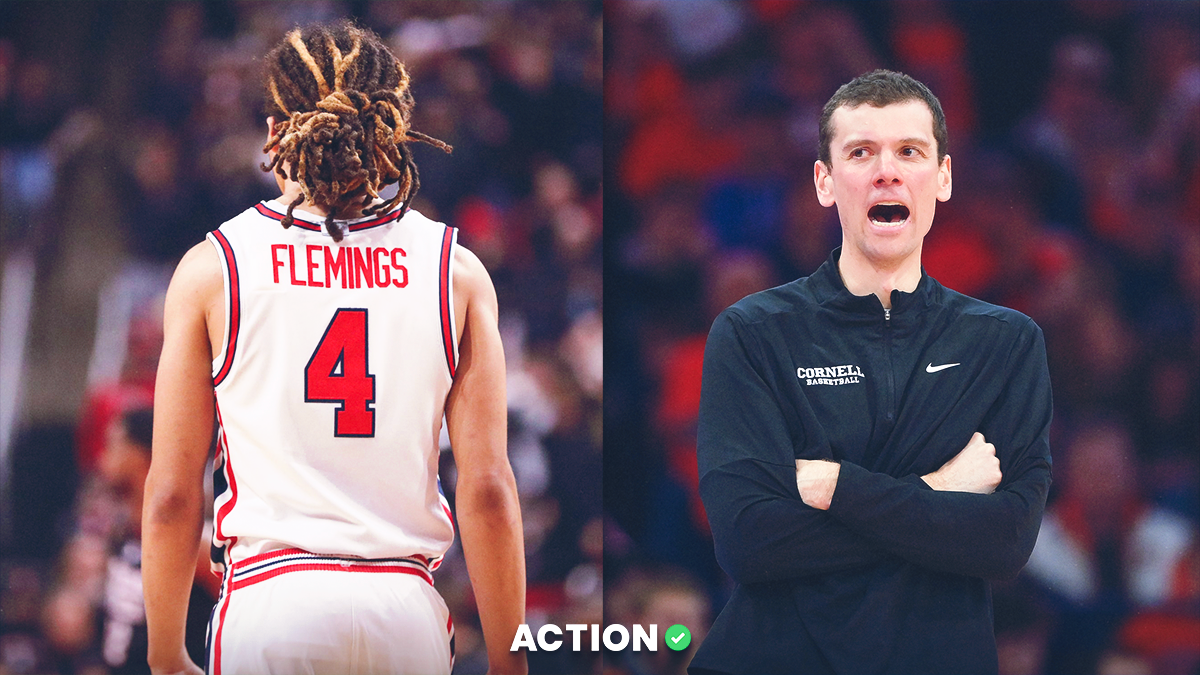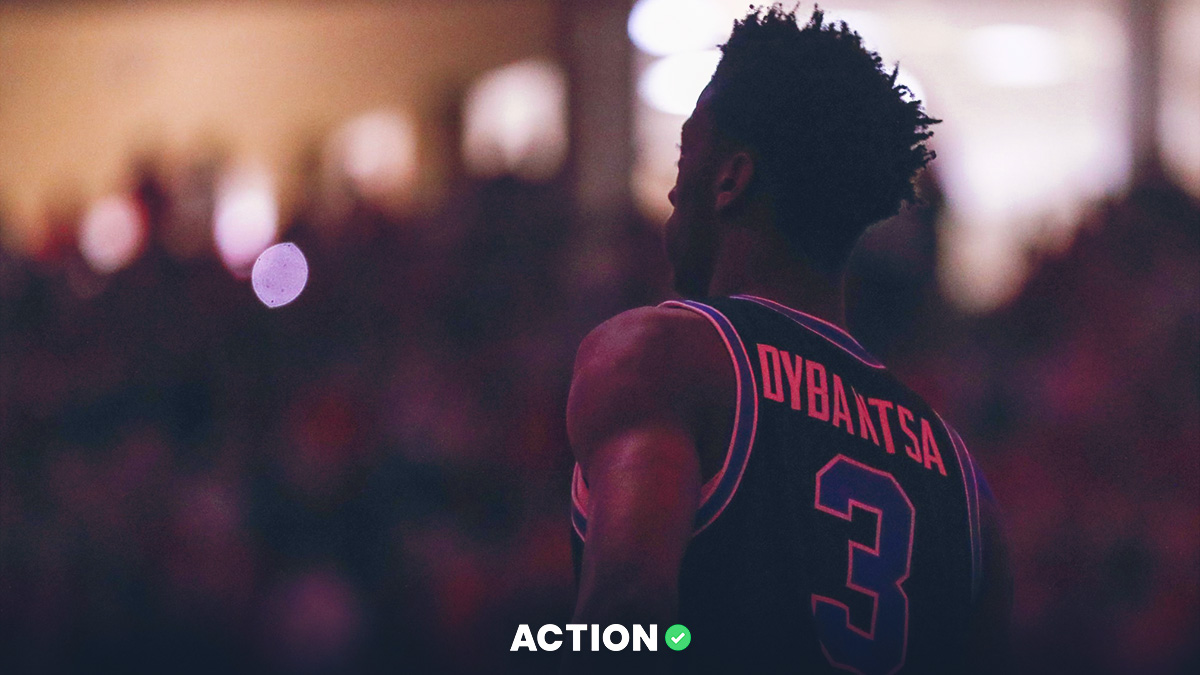We've built a simple spreadsheet to organize and track your auction for the 2924 NCAA Tournament. Collin Wilson will share his in-depth Calcutta strategy in an article this week, but I've outlined from evergreen strategies below.
Looking to spice things up this March? Calcutta auctions are a great alternative to your traditional NCAA Tournament bracket pool.
How does it work?
- You bid on teams, auction style, until each team has been bought.
- When your teams win games, you collect a portion of the total pot. The later rounds are worth a bigger percentage of the pot.
- But unlike a fantasy football auction where everyone starts with the same budget, there isn’t a set limit for how much one person can spend. So you don't know how big the pot will be when you start, making your spending and strategy part art and part science.
The beauty of these pools is that the total pot grows and evolves as the auction goes on, and some serious game theory comes into play. If someone wants to spend $100 on No. 3 seed Duke after No. 1 seed Houston goes for $90, so be it. If Purdue ends up going for 65% of the total pot, that's OK too. Just about anything is fair game. You can buy half the teams; you can buy zero or one team.
Here's how the auction results looks visually, from a Calcutta I did two years ago. Saint Peters, if you recall, paid off in a big way with $1,133 in profit after winning three games from just a $45 purchase. Whoever had Kentucky, which lost in Round 1 to St. Peters, was down $1,100 from that investment since the Wildcats won zero games.

We created a spreadsheet so you can easily track your Calcutta pool auction and results.
Typically, longshots need just a win or two to return your investment, because you likely paid a small portion of the pot for them. No. 1 and 2 seeds need to make a deep run to pay off, since you paid a large share for them.
Sample Payout Structure
Here’s an example payout structure with $2,000 in the pot. If your team wins the national title, you’d get 24% of the total pot because you’d collect a percentage for every win.
If you spent $200 on Baylor in 2021 and there was $2,000 in the pot using the example below, you would have collected $480 total when the Bears won it all.
| Win | % of Pot | Money Won |
|---|---|---|
| First Round | 0.5% | $10 |
| Second Round | 1% | $20 |
| Sweet 16 | 3% | $60 |
| Elite Eight | 4.5% | $90 |
| Final Four | 7% | $140 |
| National Champ | 8% | $160 |
| Biggest Blowout Loss | 4% | $90 |
Why include the biggest blowout? It incentivizes participants to bid on the really bad teams, too.
You can tweak the payouts per round, or add your own bonuses like biggest blowout win or biggest point spread upset. Just make sure it all adds up to 100%.
Other Rules to Consider
- You can auction the teams off in whatever order you'd like. Some pools do it completely randomly, some do it by region. Others allow each participant to take turns nominating the teams, which adds another layer of strategy. If you go by region, people will likely get pegged to the price of each seed — so if No. 1 seed Houston goes for $200 in the first region, it's unlikely a No. 1 seed goes for less than that, which takes some of the fun out of it.
- Make sure one person is the auctioneer and keeping a good cadence, or it can go on forever.
- You can group teams together; some pools will offer the 14-16 seeds in a region as one team. It drives up the price and gets more bidding on worst teams in the tournament.
- Track the results in real-time in a spreadsheet so everyone can see what each team went for. It's vital to have that info during the auction.
General Strategy
The first teams auctioned will likely be the cheapest. People get anchored to the initial price of each seed — if No. 2 seed Iowa State goes for $100, it's unlikely another No. 2 seed goes for less than that. That's one downside to auctioning off by region, is that the prices get pegged.
Last year in an auction I did, the regions totaled the following percentages of the pot in this order:
- 17.6%
- 23%
- 27.6%
- 31.8%
Track dollar amounts vs. probabilities. Our Sean Koerner puts out percentage chances for each team to reach each round (we'll update it when he puts it out this year). You should use them to your advantage.
Let's say your pool pays 1% of the pot each for winning the first two rounds, so 2% total. A team like Houston, which Koerner gives a 47.5% chance to reach the Sweet 16, should not be bid much past 2% of the total.
The tricky thing is you don't know how much the pot will be in the end. Again, you need to use some feel and gut about everyone else in the pool. If you're auctioning with people for the first time, it may be difficult to get a sense for what they might do. But repeat pools will be a bit easier to navigate since you know the bidders and their tendencies.
Be strategic about buying teams in the same region. If you have the No. 1 and No. 2 seed in the same region, one team is capped at three wins. It's unlikely those combined purchases will net you a return, unless one wins the national title. If you buy too many teams near each other in the bracket, they'll just knock each other out.
But there is something to fading a specific team and trying to corner the rest of the region. If you thought 1-seed Kansas was overvalued last year, you might try to snag No. 4 UConn in their region and another team in the bottom part of the bracket, like Gonzaga or TCU. This way, you can still theoretically get 3+ wins from each of those teams before one knocks the other out in the Elite Eight.
If you instead bought Kansas and UConn, it's going to be very difficult to turn a profit because one is winning two games max.
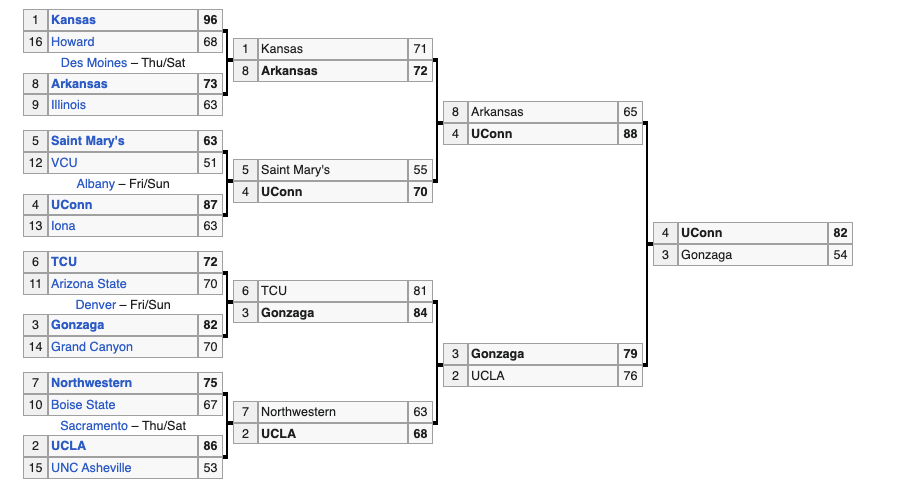
Pros of Calcutta Auction
- Calcutta auctions give you complete control over your teams, and who you want to buy. Just be ready to pay up.
- You can spend as much or as little as you want. You can show up to the auction and buy no teams at all.
- You alone own each team. Your rooting interests will be much simpler; traditional brackets often get messy, since you will eventually need other brackets to fail.
- It's not a winner-take-all situation; one team can carry the rest of your portfolio.
Cons of Calcuttas
- Auctions are difficult to organize, especially if you're not together with all the participants.
- Some people will be scared off by the potentially high-stakes nature of Calcutta auctions, since the entry isn't capped.
Good luck and enjoy!


